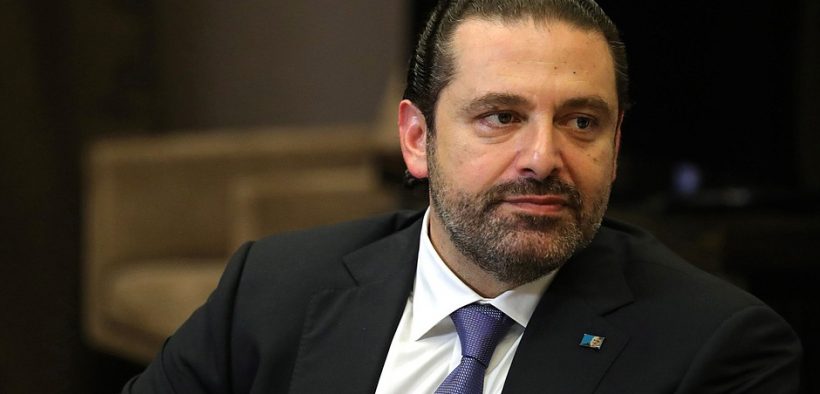Israel and Hezbollah Exchange Fire at Lebanon Border

Last week, tension on the Lebanese-Israeli border escalated when Hezbollah fired rockets at Israeli military targets after accusations that Israel attacked Beirut with drones. A weekend exchange of fire has not helped de-escalation efforts.
The Lebanese Shiite-Islamist Hezbollah party carried out a retaliatory attack on Israel near the southern Lebanese border on Sunday afternoon.
The attack, according to the Lebanese Arabic-language Al-Mayadeen TV channel, caused the death and injury of Israeli soldiers. Yet, Israeli military and political sources refuted those claims and said no there were no casualties.
Sources at the Rambam Israeli hospital in the northern city of Haifa were reported by the Israeli online English-language Haaretz Daily as stating that two Israeli soldiers arrived at the hospital but were unharmed.
During a joint press conference with the President of Honduras, Juan Orlando Hernández, Israeli Prime Minister Benjamin Netanyahu told reporters that no soldier was harmed in the Hezbollah attack. The Prime Minister also stressed that Israel’s army is open to all possible scenarios.
Israel Responds
In response to the attack, Israeli artillery fire reportedly hit areas inside southern Lebanon, including Maroun Al-Ras.
Two Israeli military helicopters were reported to have hovered over adjacent Lebanese villages. Lebanese media outlets confirmed that around 100 artillery shells landed in the region and set some farms on fire.
Sources at the United Nations Peace Keeping Forces, known as UNIFEL, on the Lebanese side of the border said that around 40 Israeli artillery shells landed in the area. Shortly after the incident, UNIFEL called on all parties concerned to show restraint and refrain from any escalation at the borders.
The Israeli strike claimed the lives of two Hezbollah operatives. Such an Israeli airstrike came as a part of a series of recent Israeli air raids on Syria and parts of Iraq, within what Israel claims to be the fight against Iranian and Iran-backed elements and armaments intended for Israel.
Wish for Deescalation
Lebanese Prime Minister Saad Harriri phoned both United States Secretary of State Mike Pompeo and French President Emmanuel Macron, asking them to intervene and prevent an Israeli escalation.
Pompeo reportedly said that Israel has the right to defend itself and that Iran had a hand in the Sunday Hezbollah attack.
Earlier on Sunday, the Lebanese army complained to UNIFEL that two Israeli drones hovered over southern Lebanon villages and threw flammable objects in the region.
Sources in Hezbollah told the Arabic-language Al Jazeera Qatari TV that the party does not intend to go further and that no escalation is warranted.
Past Tension
Tension between Hezbollah, the most influential and popular Lebanese armed faction, and Israel has been largely quiet since 2006 when Israel carried out a large-scale attack on southern Lebanon and its aircraft raided Beirut, the Lebanese capital after a Hezbollah attack on Israel.
The Israeli-Lebanese dispute was initially over the disputed Shebaa farms between Israel and Lebanon. The Shebaa farms have remained disputed since Israel unilaterally withdrew from southern Lebanon in 2000.















